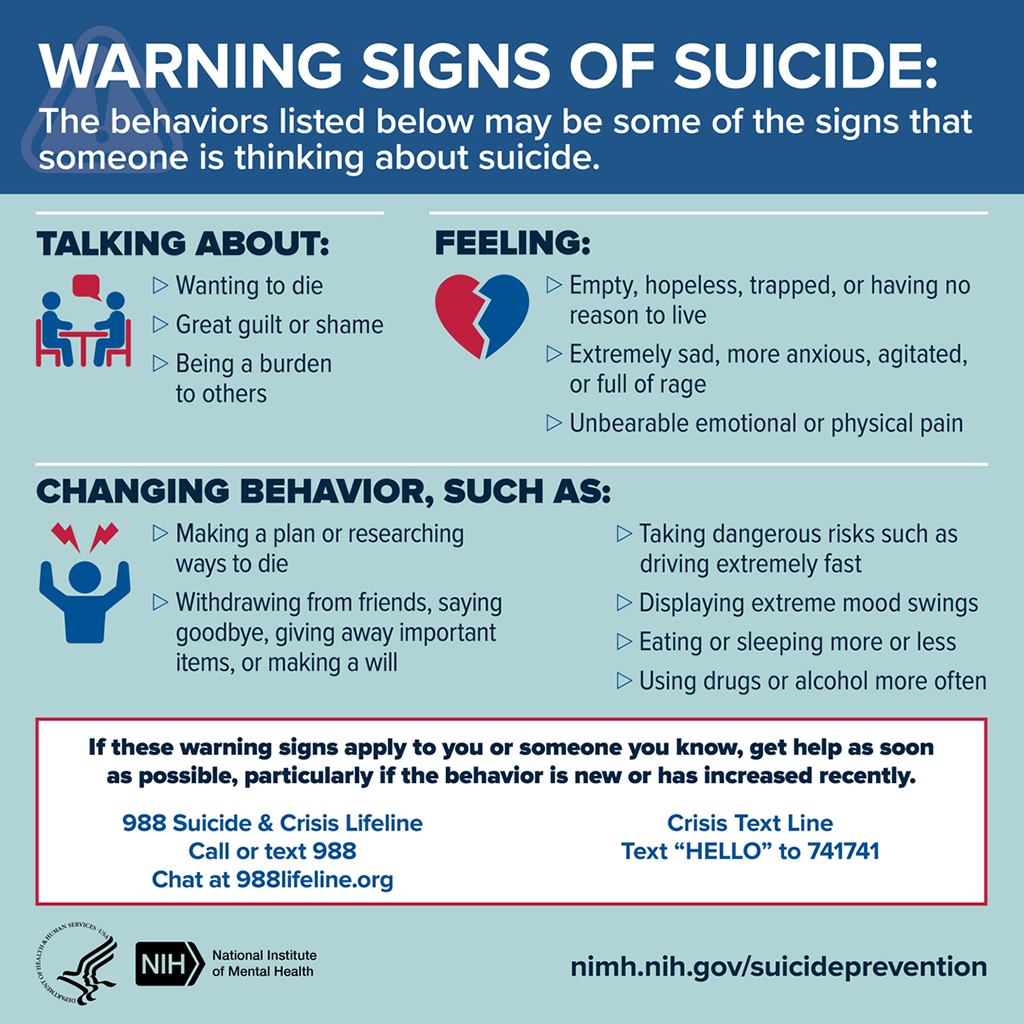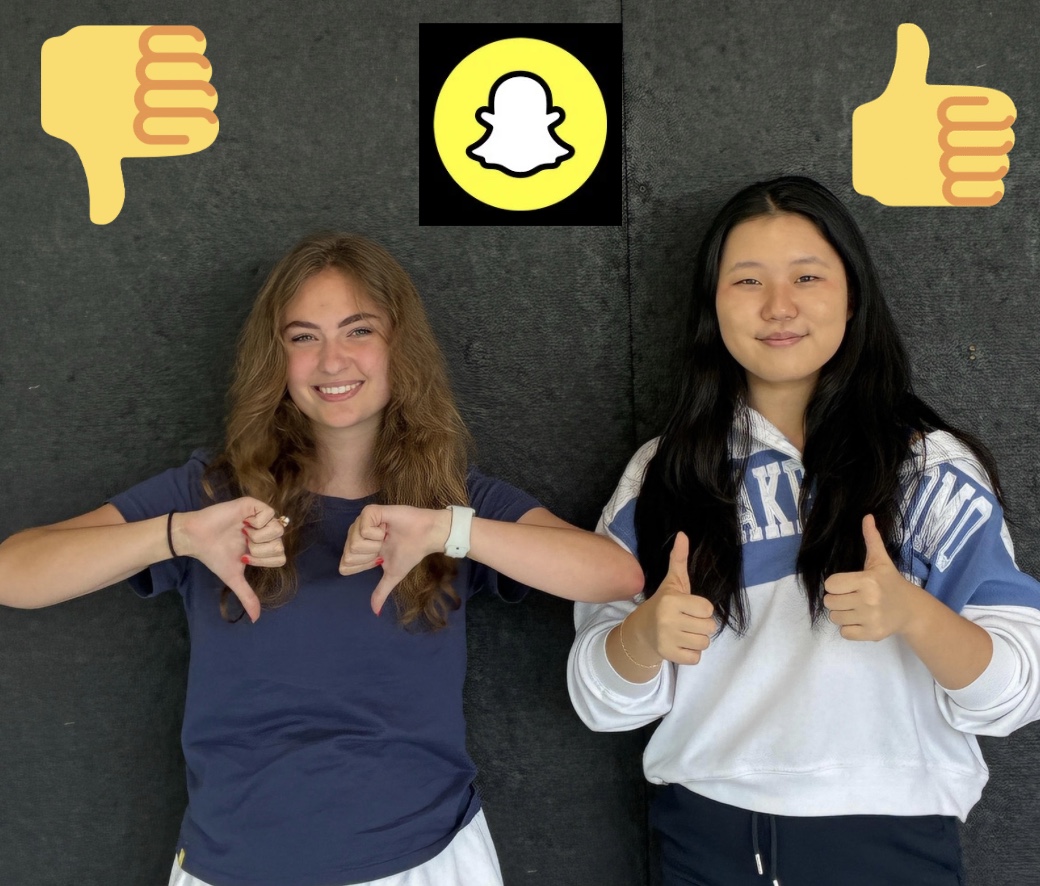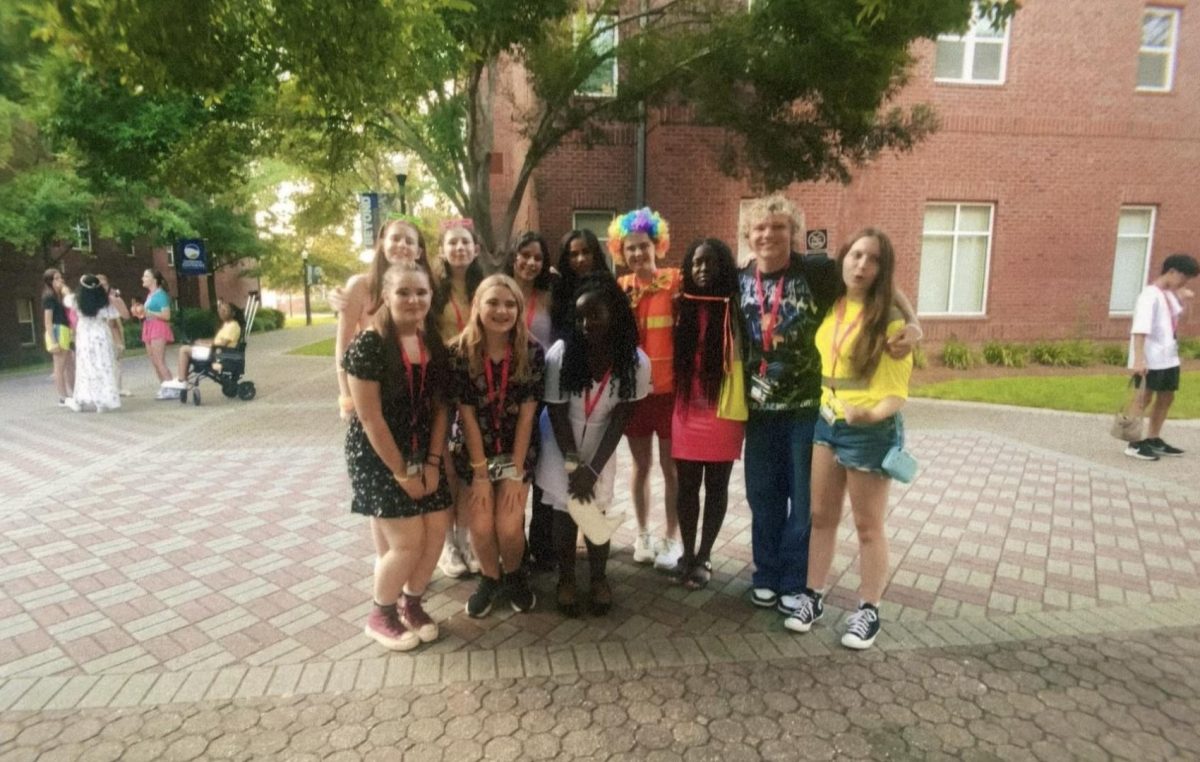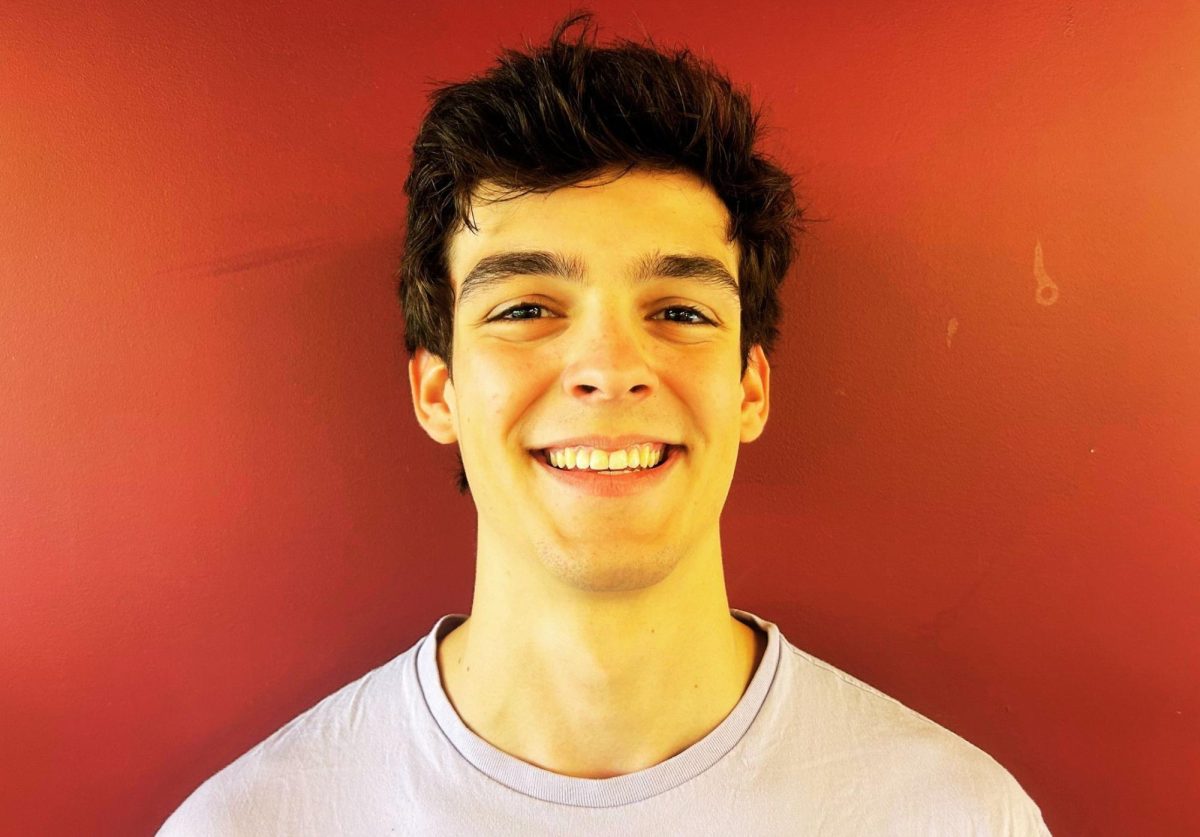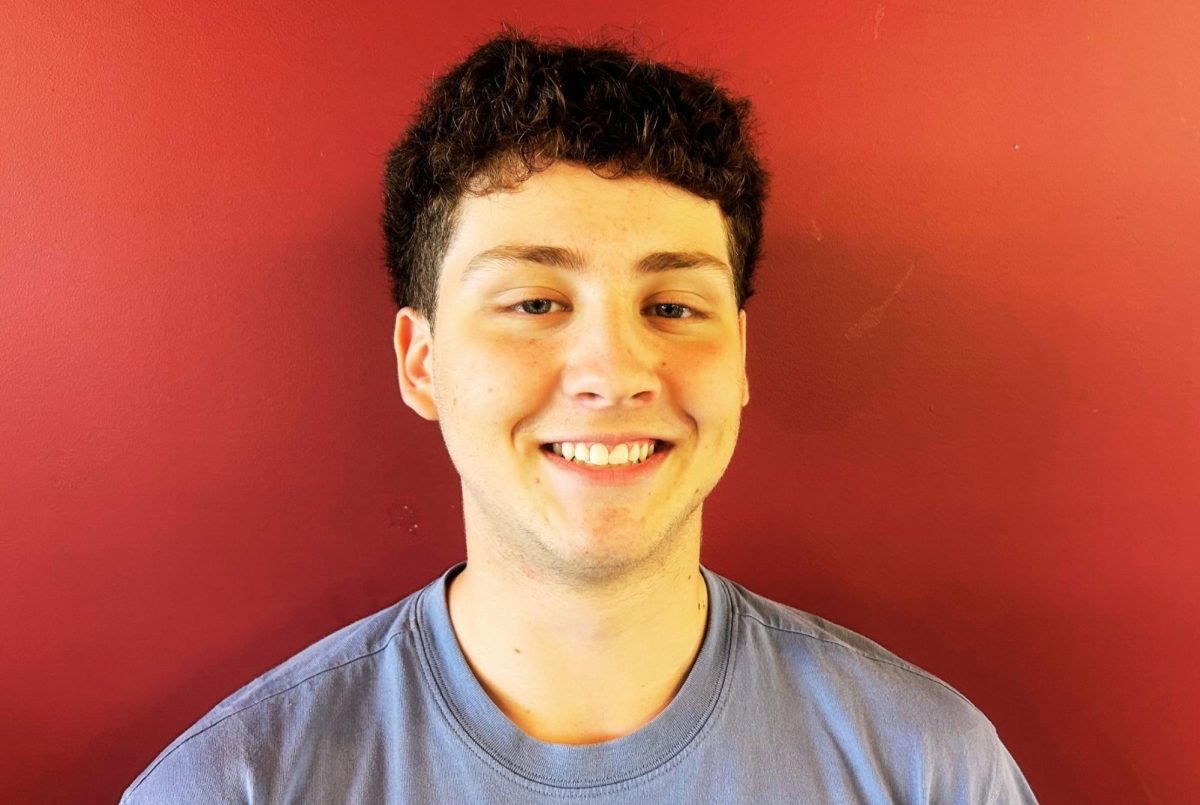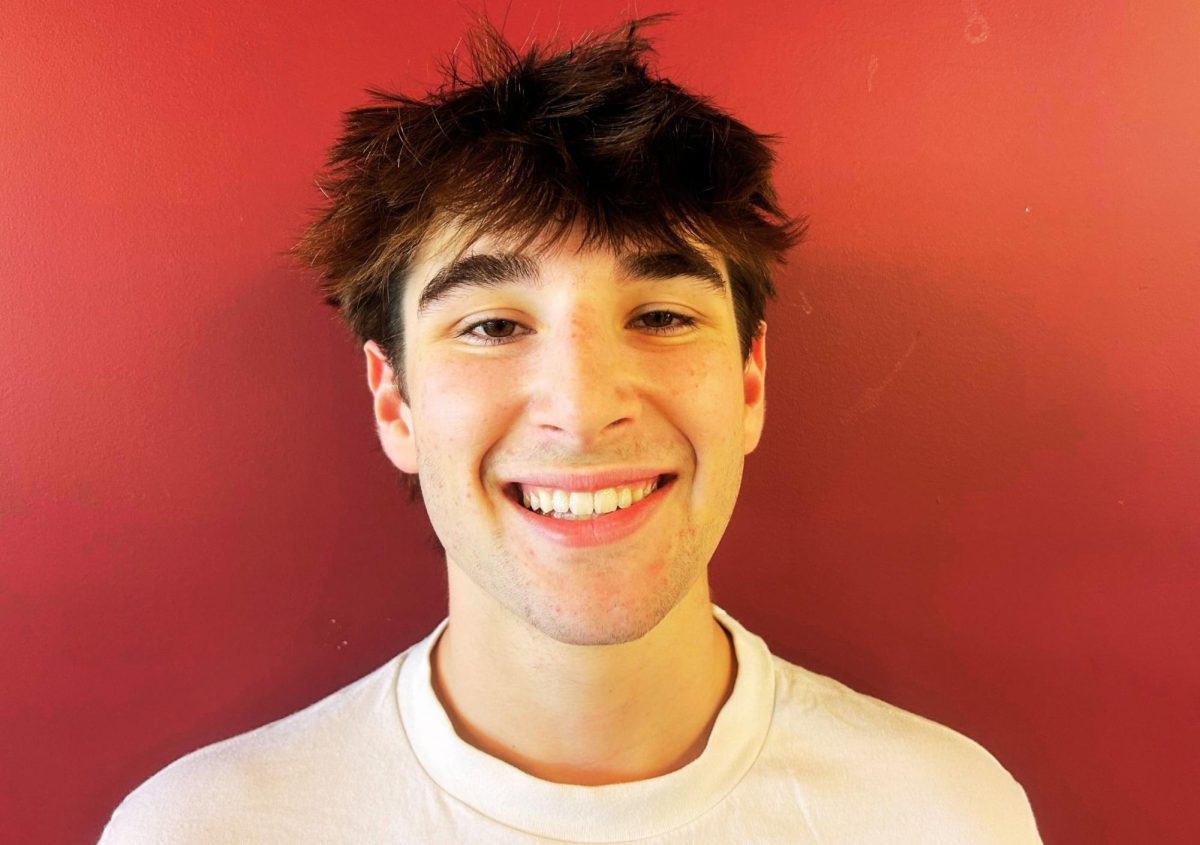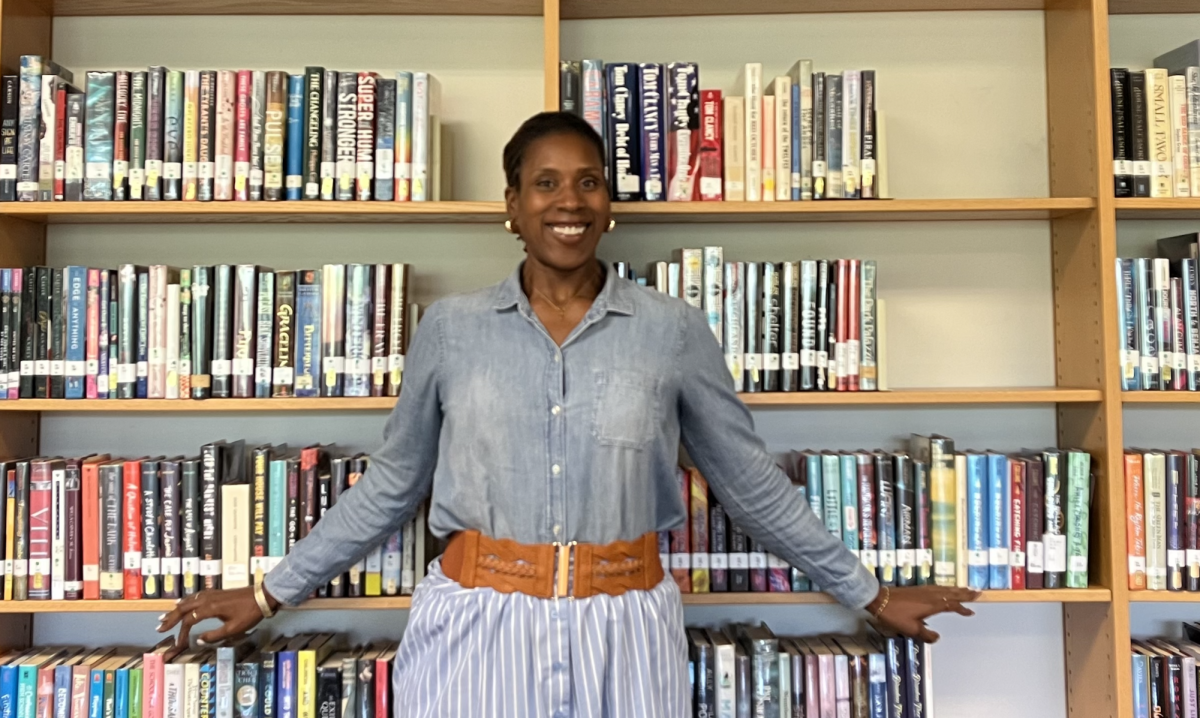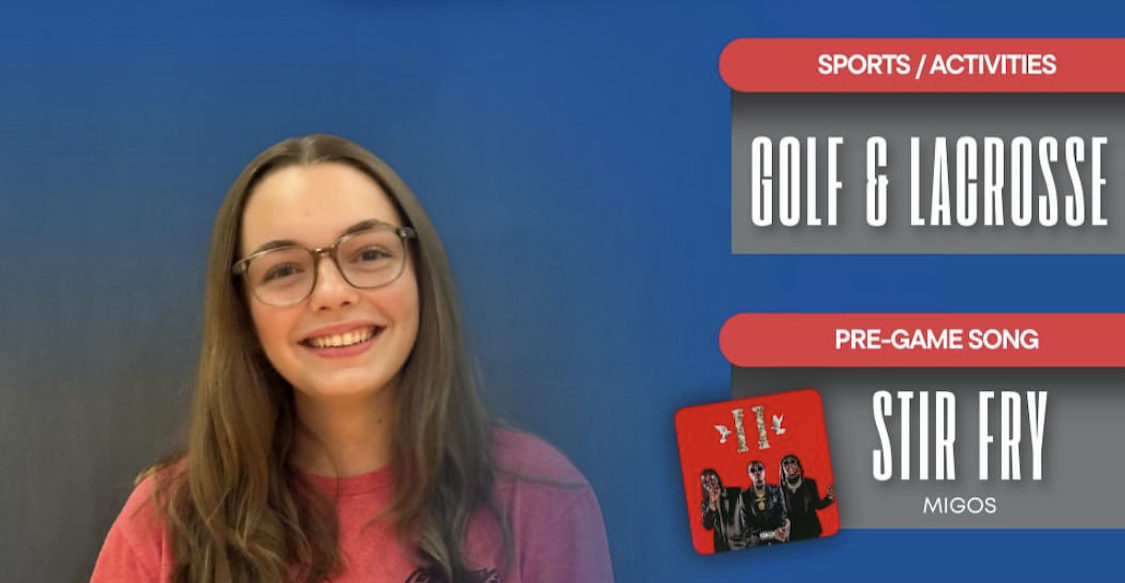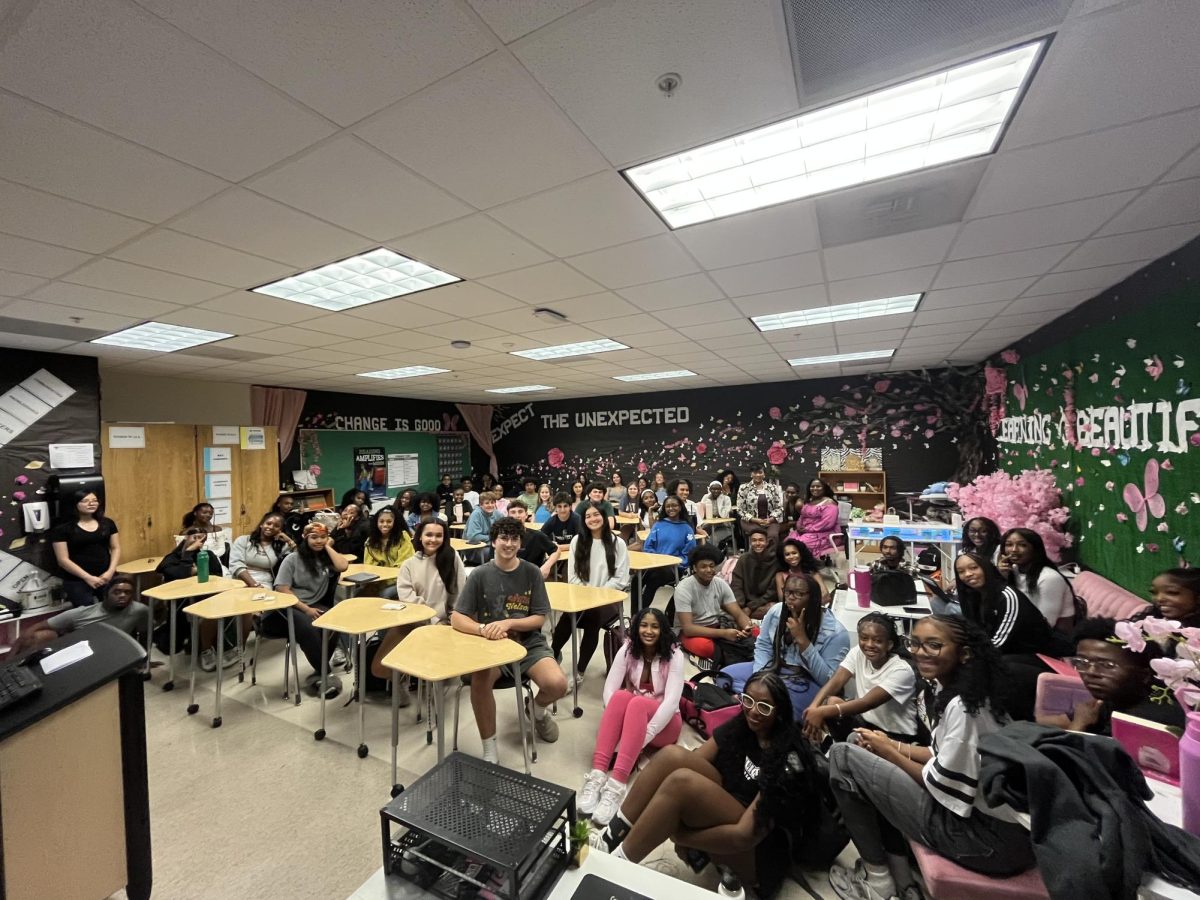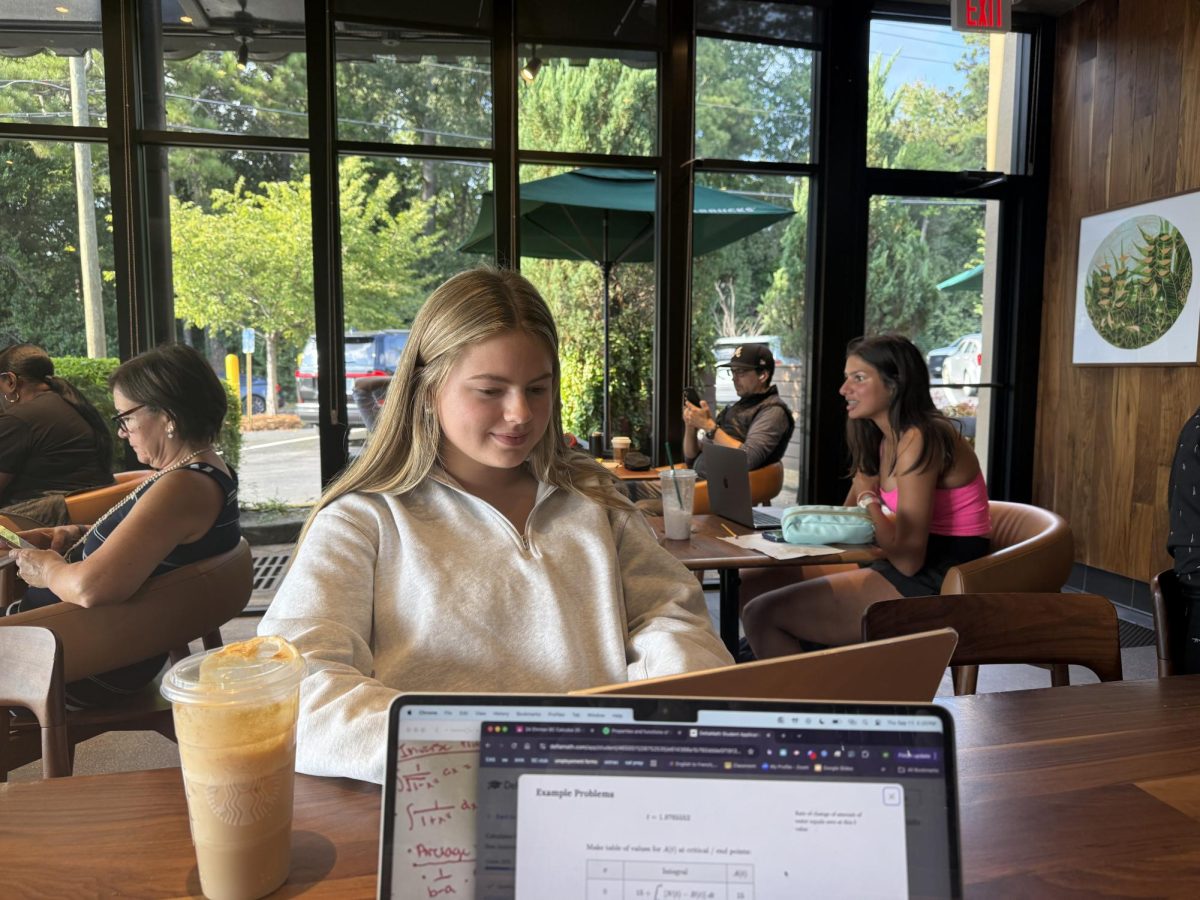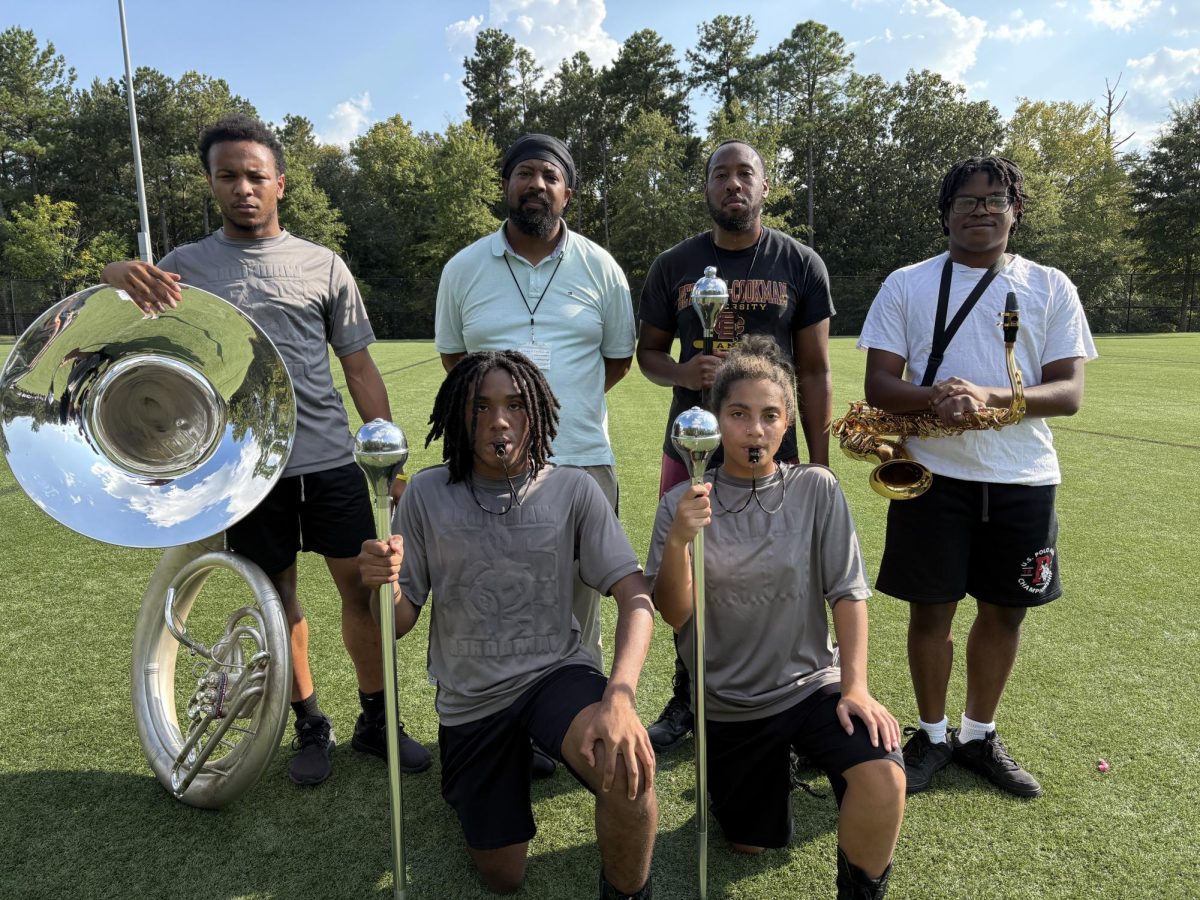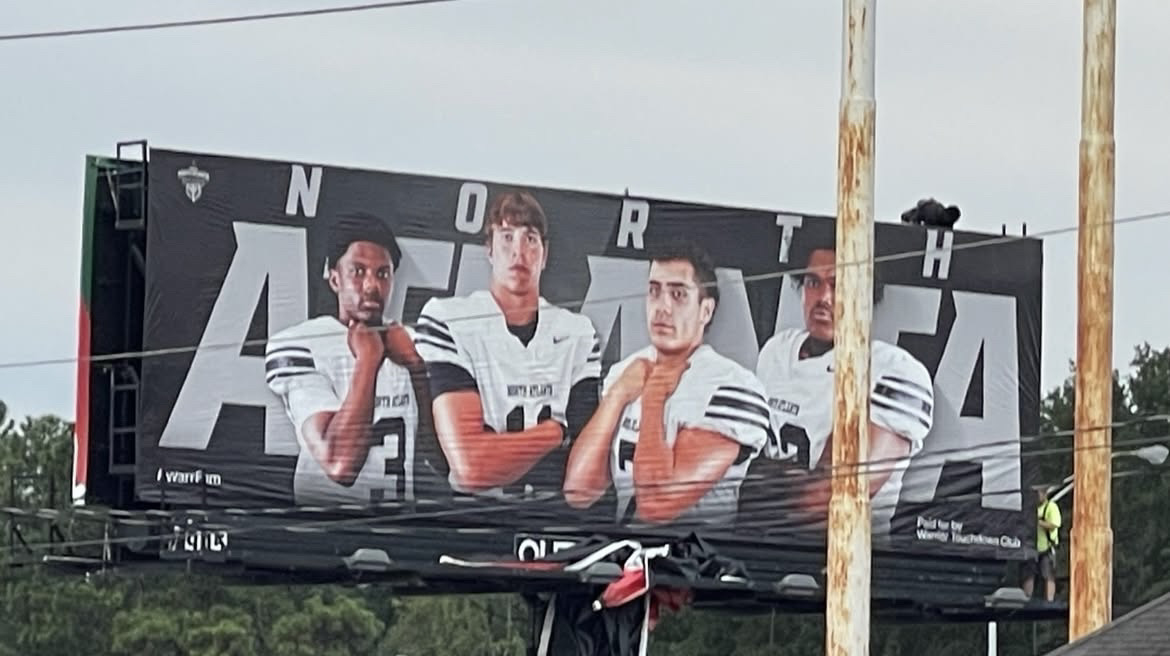As September begins, a month for raising awareness of suicide, suicide remains a leading cause of death among young people. A 2021 survey (NIMH) revealed that 1 in 3 people aged 13-18 in the US dealt with anxiety, and 1 in 5 experienced a depressive episode in 2021. In exploring friendships, social pressures, and personal challenges, a question emerges as a source of hope: Is counseling the bridge that can shorten the gap between isolation and support?
In a society thriving on connectivity, while likes and comments replace conversation, a paradox has emerged–unparalleled loneliness. Pressures of the digital age and the isolating weight of loneliness remind us of the urgency for practical solutions. As a senior, Leola Hayal, a wise voice in the polarizing circumstances of high school, addresses the mental health struggles she attributes to the influence of social media. “My insecurities were made so much more apparent on TikTok, and that’s why I haven’t had it since ninth grade,” she said.
Narrowing the scope to fit within the context of school, North Atlanta has several on-campus resources in the form of grade-level counselors, to combat students’ general concerns, such as scheduling and post-secondary options. The problem arises, however, with students seeking support beyond academic arenas. While there is a vague idea of mental health resources within the eleven stories, little to no students can access them. Junior Anna Kate O’Kelley expounds on her uncertainties about said resources. “Though this isn’t the biggest issue at NAHS, I feel that we should be given more encouragement to support us in our health crises,” O’Kelley said.
Though seemingly unknown by North Atlanta’s general population, on-campus support counselor Shellie Marino serves as a beacon of hope for the future of combating mental health with counseling. Marino, a certified counselor, plays a crucial role in addressing the mental health needs of students at North Atlanta High School. She urges students to reach out for help when they lack support enthusiastically. “Asking for help at school is a sign of strength, not weakness. As a support counselor, I urge students to use our local resources as it is the first step towards mental stability,” Marino said.
The struggle for mental well-being often goes unnoticed, and we must recognize the unsung heroes like Shellie Marino and advocate for a more open and accessible support system within our educational institutions. The bridge between isolation and support does exist, and by shedding light on this critical issue and encouraging dialogue, we can work together to ensure that no student feels alone in their journey toward mental well-being. Let September be a month of awareness and action as we strive to build a brighter and more supportive future for our youth.


